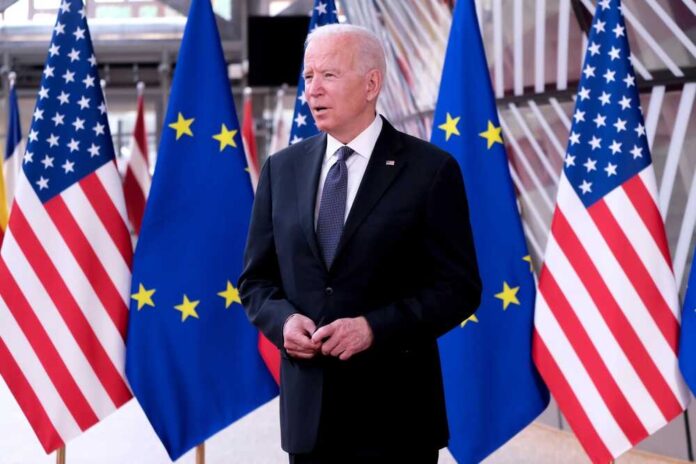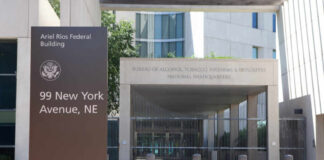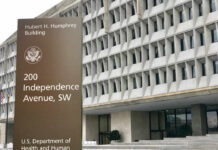
Concerns over potential influence-peddling and money laundering through the art industry are flaring. These concerns are stoked by the revelation that Hunter Biden, son of President Joe Biden, has made at least $1.3 million from selling his artwork, with major Democratic donors among the purchasers. Most notably, Elizabeth Hirsh Naftali, a well-known Democratic contributor and philanthropist, reportedly purchased one of Biden’s works. Joe Biden later appointed her to the Commission for the Preservation of America’s Heritage Abroad.
According to an administration official, Naftali, a real estate investor based in Los Angeles, was put forth for her commission post by former House Speaker Nancy Pelosi. This appointment occurred approximately eight months after Hunter’s initial art show in Hollywood. However, the timeline of Naftali’s art purchase and nomination remains murky.
🚨 Major Democratic donor and Biden-appointed commissioner Elizabeth Hirsh Naftali has been revealed as a buyer of Hunter Biden’s art, revealing potentially another pay-to-play scheme. https://t.co/vLx2ZwOMC0
— Oversight Committee (@GOPoversight) July 24, 2023
This story raises red flags due to the art industry’s reputation for shadowy transactions and minimal oversight. A 2020 Senate subcommittee report noted that the art market serves as a “vehicle for money laundering,” lacking stringent regulation under the Bank Secrecy Act (BSA). According to the report, this is deeply concerning for an industry that is America’s most prominent legal and essentially unregulated business.
The art sale has also raised queries about possible connections to Biden’s overseas business dealings, which are under scrutiny by House Republicans. The GOP has been investigating his past relationships with international business associates in nations such as China and Ukraine, where his father was influential during his vice presidency.
Hunter Biden sold artwork to Elizabeth Hirsh Naftali, a Democratic donor who was appointed to a prestigious federal commission, according to three people directly familiar with Hunter Biden's account. The transaction raises questions about President Joe Biden's pledge of an… pic.twitter.com/xJApnJ7I8e
— intheMatrixxx (@intheMatrixxx) July 25, 2023
Furthermore, it’s revealed that the lion’s share of Hunter’s art sales has gone to an unidentified buyer, who acquired 11 artworks for $875,000. Hunter’s legal representative, Kevin Morris, a prosperous lawyer who reportedly assisted Hunter with a $2 million IRS back-tax payment, was another noted purchaser of his art.
In response to the impending ethics questions, the White House declared in 2021 that Hunter Biden’s art sales would be anonymous to prevent corruption. However, this measure has been met with skepticism. Richard Painter, the chief ethics lawyer under President George W. Bush, pointed out the impossibility of maintaining buyer anonymity, stating, “Buyers buy artwork to hang on the wall, not put in a closet.”
As the story unfolds, the American public awaits the answers, keeping an eye on the fine line between art and political patronage. Despite the Biden administration’s insistence on maintaining the transparency and integrity of these transactions, the accurate picture seems even more unclear than the abstract pieces at the center of this controversy.














